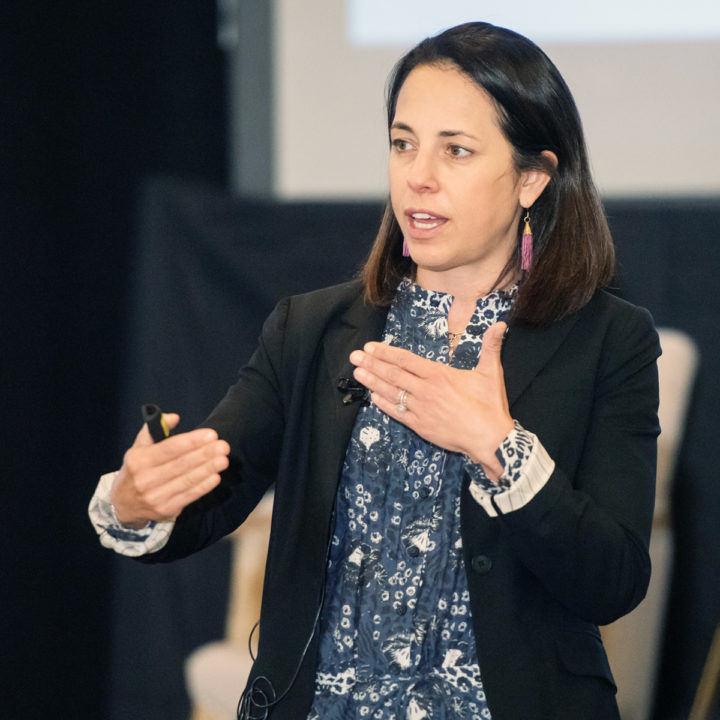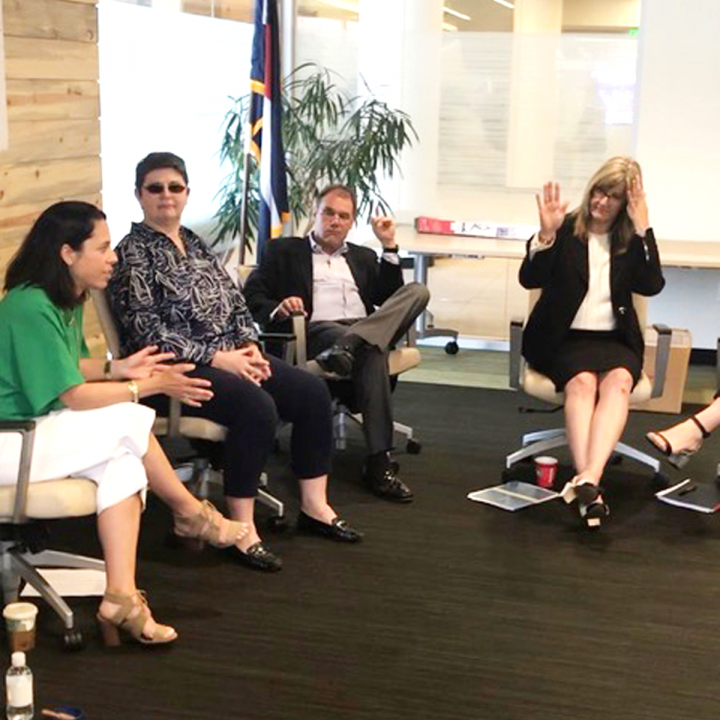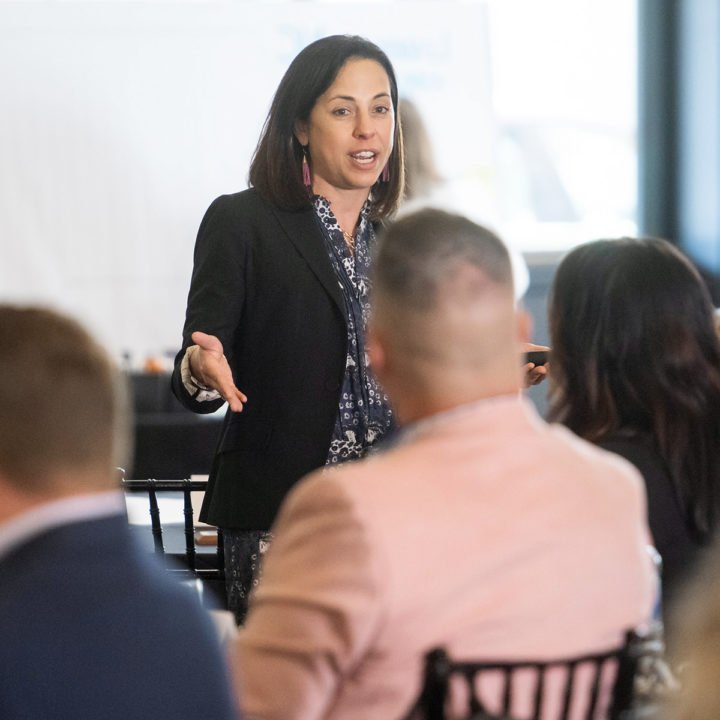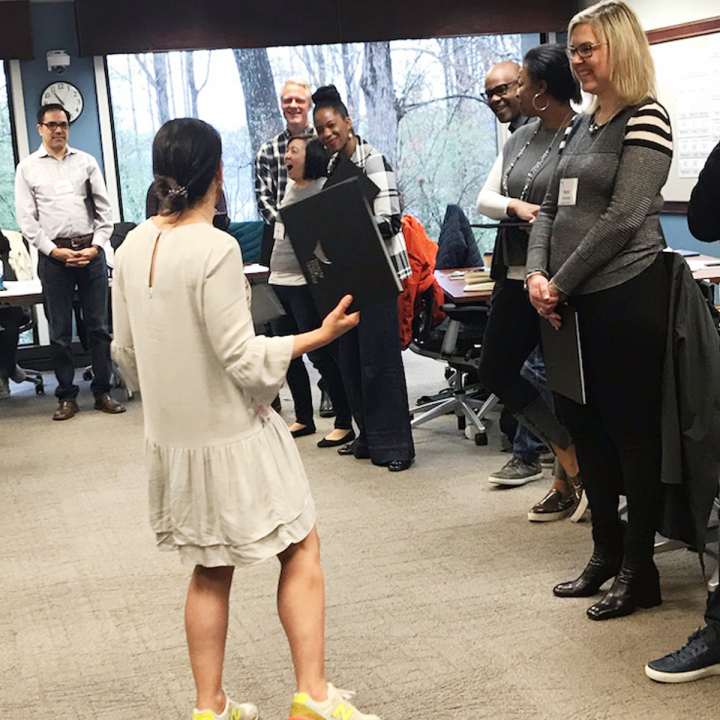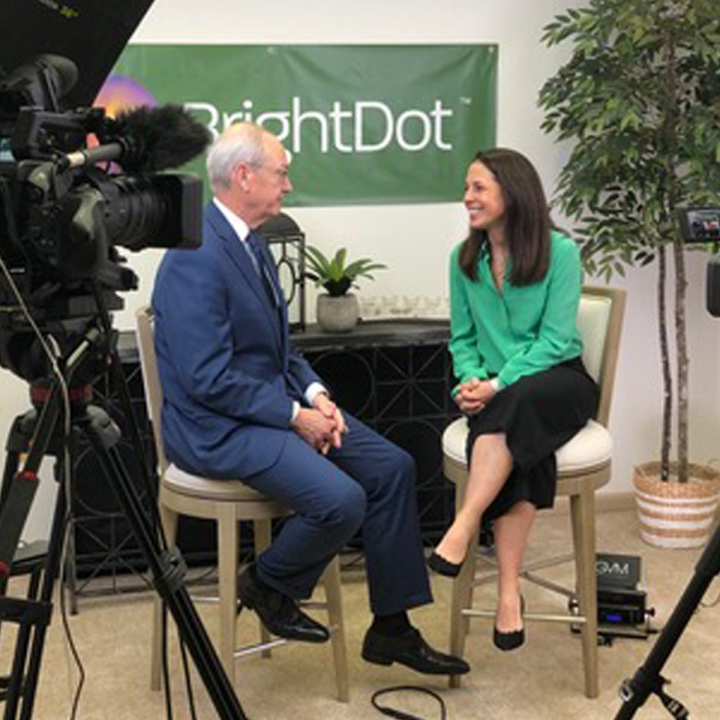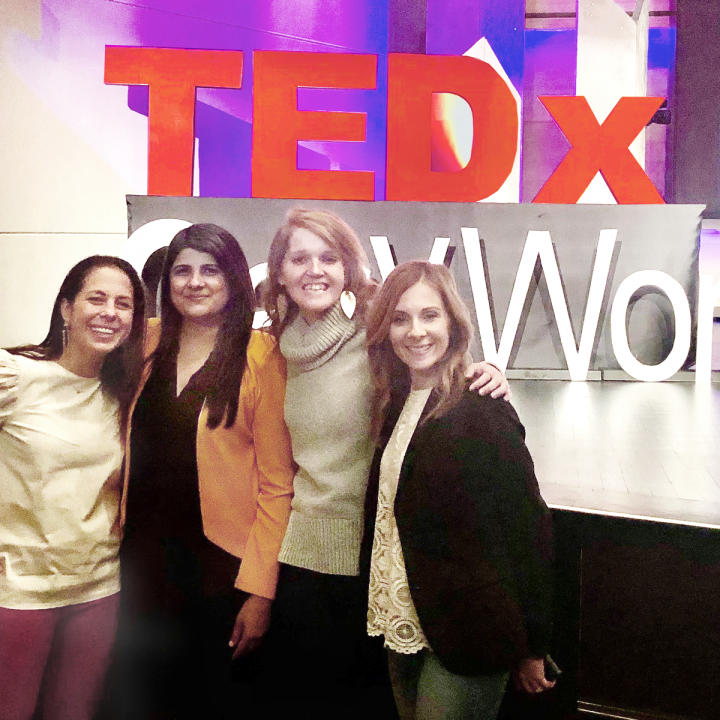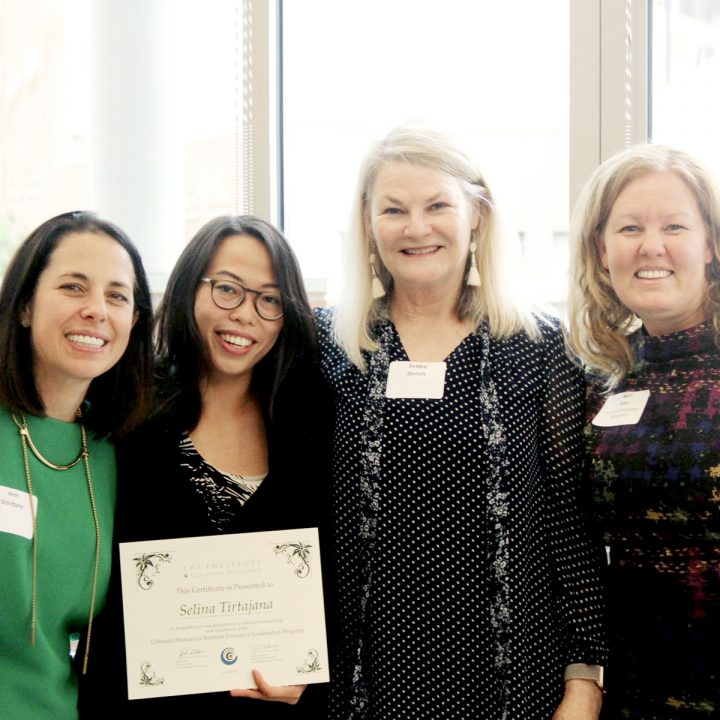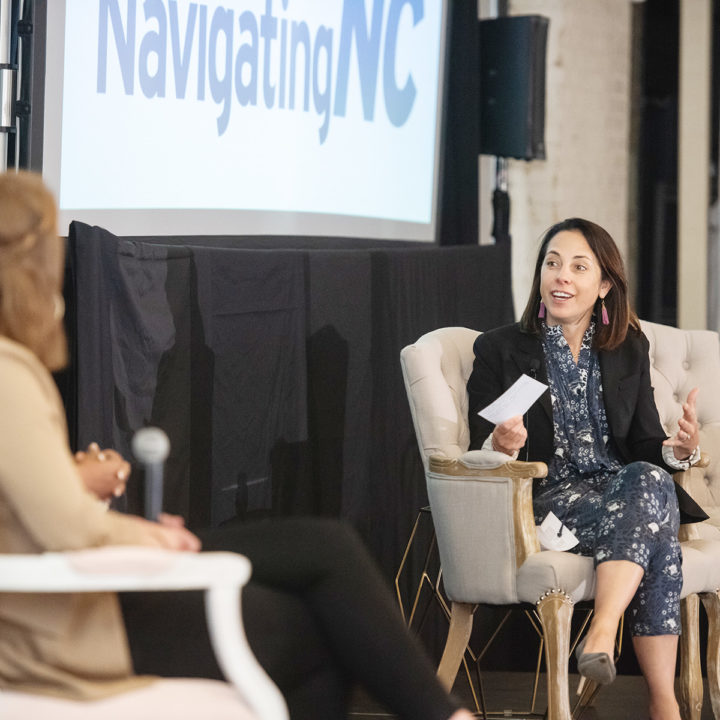By: Jennifer Giordano, with a little help from ChatGPT
I couldn’t help but wonder…
What if the real fear of artificial intelligence isn’t that it’s coming for our jobs, but that it’s coming for our identity?
We’ve built whole careers on being the experts—the ones with the answers, the instincts, the hard-earned experience. But suddenly, an algorithm can write, analyze, predict, even “think” faster than we can. It’s unsettling. And beneath all the LinkedIn posts about “embracing AI,” there’s an unspoken truth floating through boardrooms and break rooms alike:
We’re all just a little bit scared.
When Leaders Don’t Know the Most
I’ve talked to executives who’ve led through recessions, restructures, and rebrands—yet none of it rattled them like this.
They whisper, “My team knows more about AI than I do,” or “I don’t even know where to start.”
They’re not alone.
According to Harvard Business Review (2024), nearly 70 percent of senior leaders admit they lack confidence in their understanding of AI’s practical applications. The irony? Those same leaders are being asked to set the strategy for it.
Because this time, the change isn’t just technical—it’s emotional.
Leaders are supposed to guide others through uncertainty, but how do you lead through something you’re still trying to understand yourself?
Maybe it starts with curiosity instead of control.
“Curiosity, it turns out, might just be the most human form of leadership we have left.”
Learning Out Loud
The best leaders I see aren’t pretending to be AI experts—they’re asking questions.
They’re gathering their teams and saying,
“Show me what you’ve discovered.”
“What feels exciting about this?”
“What’s getting in the way?”
They’re not teaching—they’re learning out loud.
And in doing so, they’re turning fear into collaboration.
When you invite people to explore with you, you give them permission to experiment, fail, and figure it out together.
Reframing the Fear
Of course, fear still lingers. People worry that AI will replace them, that the work they’ve done for decades will suddenly be automated.
But what if we reframed the story?
What if AI isn’t taking our jobs, but giving us back the parts of them that matter most?
A recent McKinsey Global Institute study found that generative AI could automate up to 60–70 percent of employees’ time spent on repetitive tasks, freeing people to focus on higher-value, strategic, and creative work.
Imagine a world where the routine work disappears and humans do what only humans can do: imagine, empathize, connect, create.
Leaders who can tell that story—the one that says, “This isn’t about losing your job, it’s about gaining back your purpose”—will be the ones who guide their teams not just through change, but toward possibility.
What’s In It for Me?
But to do that, leaders need to master the art of motivation.
It’s not enough to announce new tools or policies. People need to know why it matters to them.
The “What’s In It for Me?” factor isn’t selfish—it’s psychological.
Research from Deloitte Insights (2023) shows that employees are more than twice as likely to embrace new technology when they clearly understand how it benefits their day-to-day work.
You want people to adopt AI? Show them how it makes their lives better:
Fewer late nights. Less grunt work. More time for the ideas that light them up.
Communicate like a human, not a memo.
“No one today would ask you to solve complex equations without a calculator or build a financial model without Excel. Those tools didn’t make us lazy—they made us limitless.”
AI Isn’t Cheating—It’s Evolving
And then there’s the quiet shame some people feel about using AI at all. The whispers of, “Is this cheating?”
But let’s get real.
No one would accuse you of “cheating” for using a calculator.
We don’t ask employees to handwrite spreadsheets.
Why should using AI tools to generate ideas, summarize data, or spark creativity be any different?
AI is not replacing intelligence—it’s amplifying it.
It’s the 21st-century calculator for the creative mind. The only difference is that this time, the math involves words, ideas, and innovation.
The New Definition of Leadership
So maybe the real work of leading through AI isn’t about technology—it’s about translating fear into fascination.
It’s reminding your team (and yourself) that we’ve done this before. We’ve adapted through every industrial, digital, and emotional revolution that’s come our way.
And the ones who thrive? They’re not the ones who knew the most—they’re the ones who stayed open the longest.
I couldn’t help but wonder…
Maybe leadership in the age of AI isn’t about having all the answers.
Maybe it’s about asking better questions.
Maybe it’s about trading perfection for progress.
And maybe, just maybe, it’s about remembering that the best leaders don’t compete with the machine.
They partner with it.
Then turn back to their people, eyes full of wonder, and say,
“Let’s see what we can create together.”

